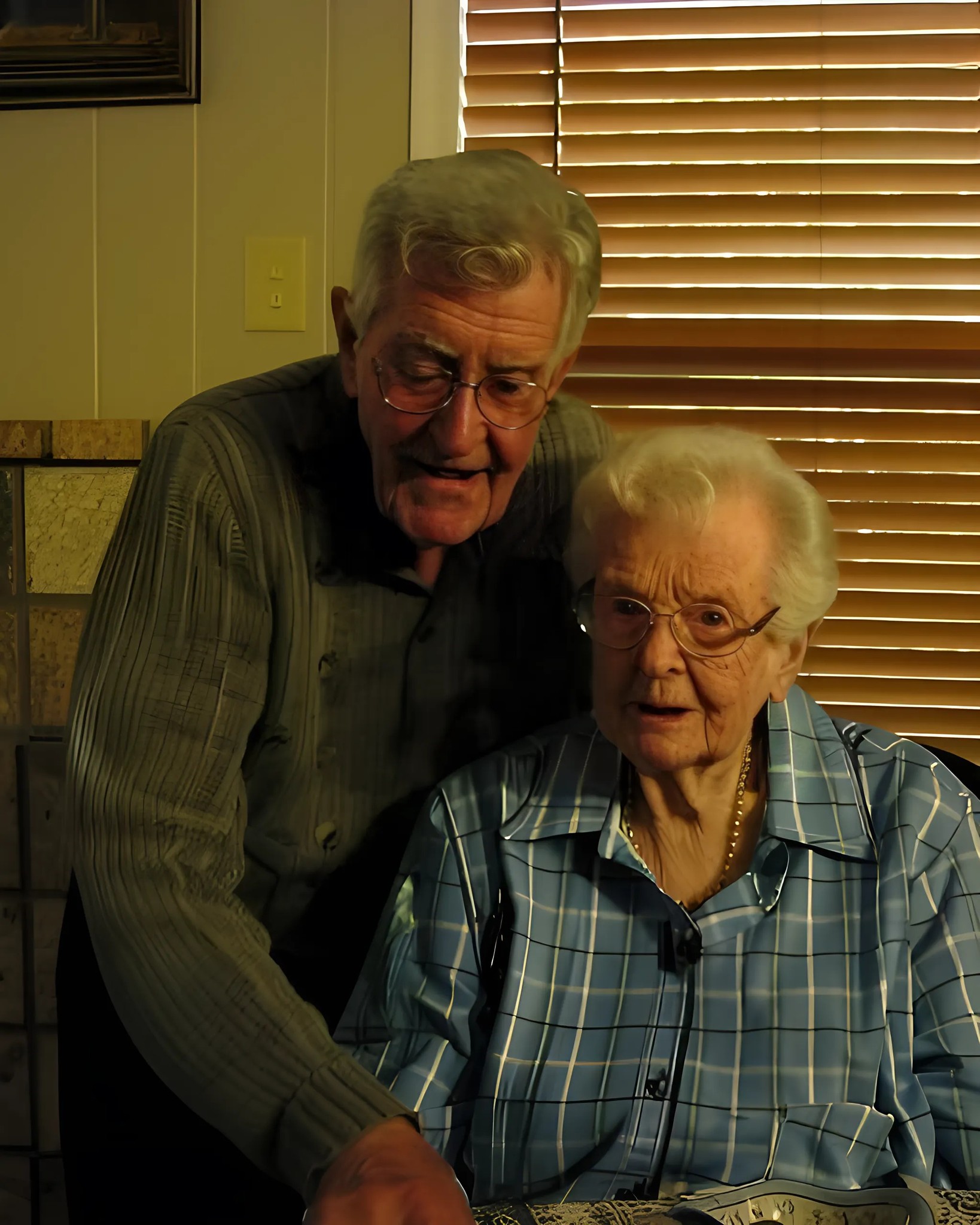My husband and I have worked hard our whole lives, sacrificing luxuries to provide for our family. Now, in our golden years, our doctor has recommended that we take a holiday to relax a little and enjoy life. Excitedly, we booked a modest trip out of state — a quaint hotel, picturesque views, nothing extravagant. I couldn’t wait to share the news with our children.
When I showed them a photo of the hotel, expecting smiles or excitement, their reaction stunned me.

My daughter sighed sharply and turned away. ‘You know, you should think about us too. Your money isn’t just your money, it’s our inheritance. If you spend it all in the last years of your life, we’ll be left with nothing after you’re gone.’
I was too stunned to respond until my son spoke up. ‘Yes, do you even need this holiday? People your age should stay at home and keep a low profile. You’re always spending money. What if we have nothing left afterwards?’
My chest tightened. The arrogance, the lack of compassion — it hurt me more than I thought it would. Tears welled up in my eyes, but my husband squeezed my hand, signalling for me to stay calm.
Later that evening, he sat me down and said, “They’ve forgotten how hard we worked and how much we did for them. Let’s remind them.”
A week later, my son called me, his voice trembling with anger. ‘Mum! What are you talking about selling the house?’
I smiled to myself and replied casually, ‘Didn’t your father tell you? We’re selling the house to save money for retirement. We realised that we should enjoy our money while we still have the opportunity.’

‘But this is our home! Where are you going to live?’ he cried.
‘Oh, we’re downsizing,’ I replied casually. ‘A small condominium near the beach. It’s smaller, but there are only two of us now, so it’s perfect.’
By this time, my daughter had joined the conversation, equally indignant. ‘How could you do this without consulting us? This house has sentimental value!’
‘It’s our house,’ my husband said firmly, picking up the phone. ‘We worked on it, maintained it, and paid the mortgage. And now we’re using the proceeds to enjoy our well-deserved retirement.’
‘What about us?’ my daughter wailed. ‘We were counting on that inheritance!’
‘That’s the problem,’ my husband replied, his tone calm but authoritative. ‘You act as if you are entitled to money that we have earned over decades. We raised you, gave you an education and every opportunity to succeed. Your inheritance, if there is any left, is a gift, not a guarantee.’
They both fell silent.
The conversation ended on a tense note, but the message was clear: their claim to the inheritance was not just offensive — it was unacceptable.

A few months later, we moved into our cosy flat by the sea. We didn’t actually sell the family home; we rented it out to earn some extra income. But we kept this a secret, letting the children sweat it out a bit while they came to terms with reality.
Over time, their attitude changed. Perhaps it was guilt, or perhaps they realised the depth of their selfishness, but they began to visit more often, asking about us rather than our finances.
By the time we revealed the truth about the house, they had learned the most valuable lesson: relationships and love are worth much more than any inheritance. And for us, the fact that they finally appreciated us was worth every penny.

